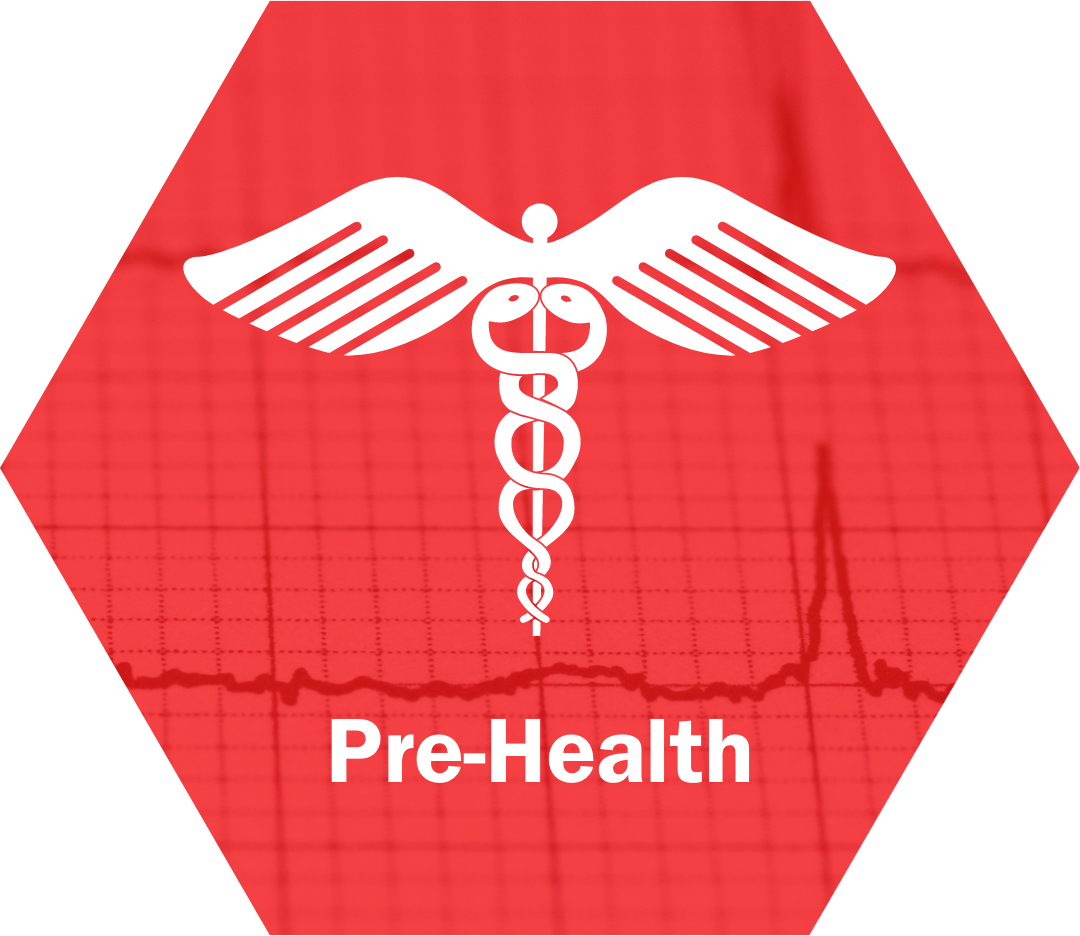
Careers in Veterinary Medicine
Veterinarians (DVM) diagnose, treat, and research diseases and injuries of animals. They broadly conduct research and development, inspect livestock, and care for pets and companion animals. Veterinarians can effectively apply their Doctor of Veterinary degrees in a variety of settings such as the following:
- Private Practice
- Corporate Veterinary Medicine
- Federal Government
- Shelter Medicine
- Military
- Global Veterinary Medicine
- Teaching (Academia or Non-Professional)
- Public Policy
- Public Health
- Food Supply Medicine
- Research
Academic Pre-Requisites
Pre-requisite course requirements vary widely by individual school. You should determine specific requirements for programs of choice using the:
The summary below is a list of the most common pre-veterinary requirements.
|
Course |
Amount |
Required for Schools |
|
English / Writing Composition |
2 courses |
Yes |
|
Introductory Biology |
2 lectures, 2 labs |
Yes |
|
General Chemistry |
2 lectures, 2 labs |
Yes |
|
Organic Chemistry |
2 lectures, 2 labs |
Yes |
|
General Physics |
2 lectures, 2 labs |
Yes |
|
Biochemistry |
1 course |
Yes |
|
Cell Biology |
1 course |
Some |
|
Microbiology |
1 course |
Some |
|
Genetics |
1 course |
Some |
|
Physiology |
1 course |
Some |
|
Calculus or Statistics |
2 courses |
Some |
|
Animal Science or Advanced Biology |
Varies |
Few |
|
Humanities and Social Sciences |
Varies |
Yes |
Application Process
Below is a list of action steps to plan for when you are applying to occupational therapy school. This is a simplified version of a multifaceted process, so we recommend meeting with a Pre-Health Advisor at least once per year to make sure you are on the right track.
For a full guide and details on each step in applying to veterinary school, read the Pre-Health Application Guide.
- Application System
-
Create an account for the VMCAS (Veterinary Medical College Application Service).
- Entrance Exam
-
Take the GRE no later than the June prior to the application cycle beginning in July.
- Selecting Schools
-
It is essential to select schools that are not only a good fit for you academically, but also a good fit for your values, skills, interests, and that will help you become the professional you want to be. Take time to research programs prior to the application process.
Here are some factors you should consider:
- Admission requirements
- Institution's mission, goals, curriculum, grading system
- Size of cohort/class
- Location
- Clinical rotations and client population
- Your professional interests as it aligns with the school’s mission and training
It is recommended to apply to 4-6 veterinary schools.
- Timeline
-
The application process lasts approximately 12-14 months, which spans a full academic year. You should submit your primary application as soon as possible after the application opens in early June.
- Personal Statement
-
Your personal statement is a distinctive aspect of your application. It begins with reflection. Consider the following questions to begin:
- Why do you want to become a veterinarian? Why is this the profession you have chosen instead of another?
- Think back to your experiences volunteering, shadowing, researching, studying abroad. Can you provide a specific story that deeply impacted you and your decision to become a veterinarian?
- What is your understanding of the veterinary medical profession?
- What are your immediate and long-term career goals and objectives?
- What do you want the committee to know about you as a person or future colleague? What makes you a good fit for the profession?
The VMCAS personal statement section includes a 5,000 character limit (including spaces). See VMCAS for a formal prompt topic

